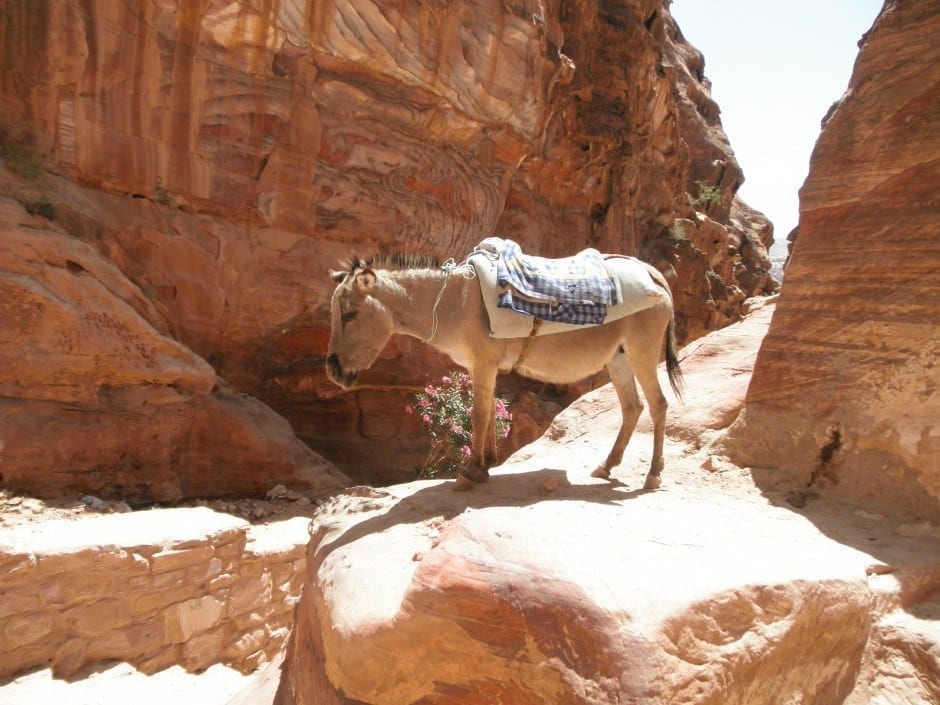If you’ve read anything by me, or followed me on Twitter for more than five minutes, then you probably know that I am an ardent animal lover. While I’m not an extremist and I’m not a PETA membership card carrying activist, animal welfare is very important to me. Personally we have three rescued dogs and have contributed a lot of money over the years to a variety of animal welfare organizations. That’s why certain travel experiences can be challenging for someone who feels as strongly about animal rights as I do.
I touched on this issue in To Zoo or Not to Zoo, when I wrote about my personal experiences in participating in activities that, upon reflection, seemed questionable. Those were great learning experiences, and have shaped what I do when I travel. But what happens when your ability to affect change is limited or non-existent?
How animals are viewed and treated varies around the world and is a reflection of that particular culture. From an American point of view, we as a nation are experts at anthropomorphism and, thanks in large part to Disney, we endow human-like qualities upon a variety of creatures and objects. When I was younger I remember being tearfully upset after watching the Brave Little Toaster. Since then I have an extremely hard time throwing away appliances. Crazy, right? But that’s who we are as a country.
Not all countries have the luxury of seeing animals as members of their family and it would never occur to them to do so. In most regions around the world, animals are important but usually for their role in work and drudgery. Donkeys, dogs, camels, oxen and so on, are taken care of in these nations not because they’re the youngest child, but because without them work and chores could not be done.
So what happens when someone from a culture that dresses its animals in pirate outfits visits a nation that uses them to heard cattle and carry heavy loads? There is some conflict.
I’ve been in many places where I have been upset at the treatment of animals. In Thailand I thought the elephants at a tourist site were mistreated, in Santorini I learned the dogs were horribly beaten and killed and in many areas of the world I have been angry at how donkeys are treated. In some of these cases there are clear examples of abuse that should be stopped, but in others the line is less clear, such as in Petra.
Petra is huge, much more than the famous Treasury building, it’s a large ancient city. When I was there it was hot and we walked about 12 kilometers in just a few hours. It was hard, and many times I found myself wishing for a golf cart or people mover. The administrators of the Petra site know how challenging the walk can be, and have created several options for less mobile travelers: horses, camels and donkeys. Of these the horses and camels seemed to be well taken care of and, dare I say it, happy. The situation of the donkeys though was not the same.
Donkeys were everywhere at Petra, not just for use by tourists, but used by the local Bedouin as well. Throughout the day I never saw one receive food, water or even treated in a decent way. I was appalled. At the beginning of the Petra walk into the siq, there’s a sign saying that the horses are well taken care of at the site, but donkeys do not receive this same treatment.

I loved visiting Petra, it is one of my favorite travel experiences of all time, but during the course of the day I got more and more upset about the donkeys. I asked my guide about it and he just shook his head and agreed, telling me he refuses to allow his groups to use them as transportation.
I witnessed the same thing in Santorini, Greece, where donkeys were used to shuttle the tourists up and down the steep hill from the cruise port to the main city. Luckily, many guide books now advise their readers to shy away from these questionable modes of transportation.
I’m sure many will say that I’m just being a bleeding heart yank, but I can’t help it and I’m not alone. Millions of tourists feel the same as I do, and seeing donkeys mistreated in Santorini, Petra or wherever, is heartbreaking.
I’m sure they won’t do it, but these tourist areas need to stop using and mistreating animals in this manner. Unfortunately, the only way they’ll stop is if those of us who visit stop using the services. I’d like to think that most would walk instead of ride, but I fear that’s not the case.
What do you think? Is it best to just keep our head down and mind our business when we travel, or should we try to affect change that fits with our own set of morals?

